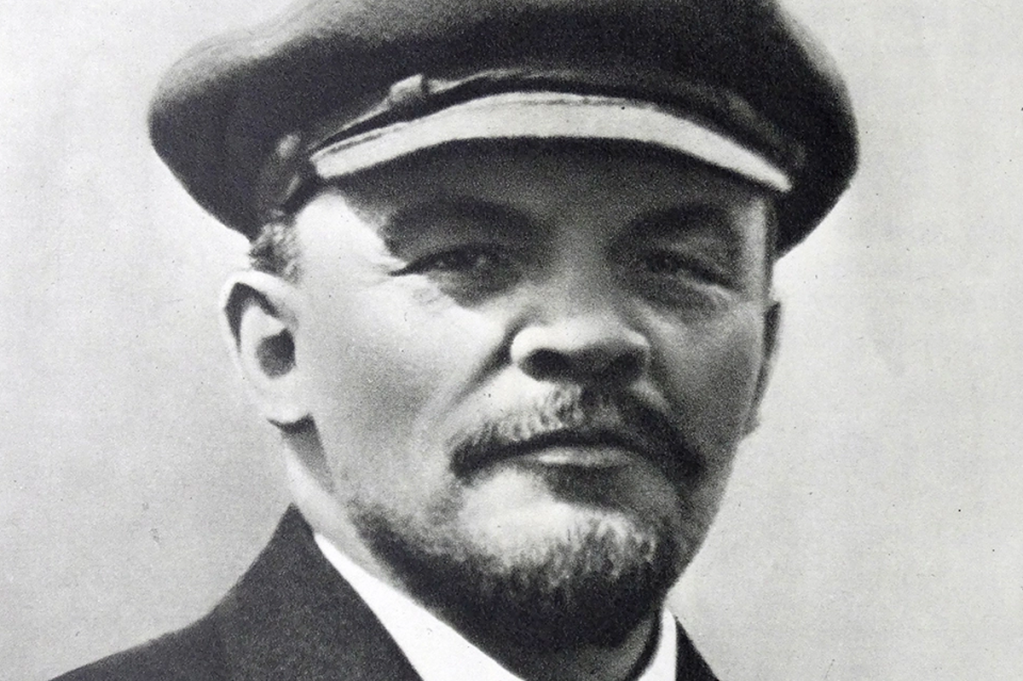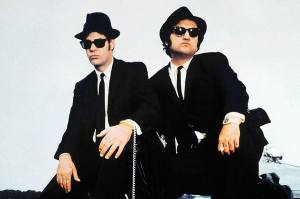“What brings strong personalities to power?” asks the historian Ian Kershaw. “And what promotes or limits their use of that power?” Those two questions are at the center of this book, a study of some of the twentieth century’s most important leaders. The result is partly an analysis of character, but also an attempt to gauge how much history’s main players directed world events, and how much events directed them.
Kershaw begins with Lenin, whose rise was punctuated by huge strokes of luck. For one thing, his mother was willing to support him financially for his entire life. She must have had a very forgiving nature as, in Kershaw’s arrow-sharp description, Lenin was an exceptionally tedious, unpleasant man. He was “punctiliously insistent on pedantic forms of order. Even disturbing his neatly arrayed pencils could provoke an outburst of temper.”
When revolution broke out, Lenin was in Switzerland and little more than a bystander. The great moment of luck came when, remarkably, the Germans helped him to return to Russia, along with thirty of his associates. “To be on the spot,” says Kershaw, “depended, by a bizarre irony, on the German imperialists he so much detested.”
As for Mussolini, “intensely serious-minded, with little sense of humor,” he too was lucky to get into power. The critical moment came when the head of the army asked Victor Emmanuel III to sign an order to round up Mussolini’s fascist thugs. The king agreed, but then changed his mind. The fascists entered Rome; and Mussolini, arriving at the palace in a bowler hat, was made prime minister. The army could easily have destroyed Mussolini, but royal equivocation saved him.
“When Hitler began to rise, Mussolini assumed that he, as the original fascist, would be the ‘senior dictator.’” The gradual realization that this was not the case led to a creeping inferiority complex. “Every time Hitler occupies a country,” Mussolini complained, “he sends me a message.” Italy’s annexation of Albania did nothing to assuage his ego.
Mussolini took hold of his country and dragged it to ruination. Yet the structures of postwar Italian civil society and its absorption into the European project meant that his political legacy was all but non-existent. Giorgia Meloni, though of the hard right, is no fascist.
As for Hitler, Kershaw writes: “He was the prime mover of the most fundamental collapse of civilization that modern history has witnessed.” Whereas Mussolini had been carried along by conflict, “Hitler had done more than anyone else to cause that war.” But what had caused Hitler? The financial crash of 1921 and the hyperinflation that followed were, according to Kershaw, the crucial moments in Hitler’s rise. Without them, it’s doubtful Germany would have taken to Nazism.
Stalin, in a black irony, also helped fuel the rise of fascism, though unwittingly. By the time the Great Terror had ended in 1938, he had executed around 700,000 people, and three million Soviet citizens were in prison camps. More than anything else, this slaughter spread an acute fear of communism across Europe, allowing the fascists to offer themselves as an antidote to the socialist scourge. Thus, Kershaw writes, “fascism profited from Stalinism,” and there can be no doubt that the brutality of Stalinism emerged directly from the character of the man himself. General Alan Brooke met Stalin in Moscow, and described his “unpleasantly cold, crafty, dead face,” adding: “Whenever I look at him I can imagine him sending off people to their doom without ever turning a hair.”
Stalin’s place in history was, it seems, a function of his character. The same goes for Churchill, even though he had his fair share of misjudgments and some generous slices of luck. And the same was also true of de Gaulle, a man in the right place at the right time. At the outbreak of war he had just been promoted to general, and it is unlikely that the Free French would ever have gathered around a mere colonel. But he became a symbol of resistance, marched into Paris at the liberation and helped France to emerge from the ruins of war. Not only that, he returned for a postwar second innings (as did Churchill) to save France again, this time after the fallout over its defeat in Algeria. It is Kershaw’s view that only de Gaulle could have fulfilled this role.
The section on Konrad Adenauer is brilliantly done, as is the description of Mikhail Gorbachev, a much more prickly character than is often remembered. In the context of Brexit, his treatment of Margaret Thatcher is as fascinating as it is contentious. And the portrait of the wily Tito might leave readers with a grudging sense of admiration for the Yugoslav dictator. Few people managed to resist Stalin, who responded to Tito’s intransigence by trying to assassinate him. When Stalin’s desk was cleared after his death it was found to contain a note from Tito: “If you don’t stop sending killers, I’ll send one to Moscow, and I won’t have to send a second.”
Most readers will overlook the fact that Kershaw never quite gets around to answering the question: why do strong personalities rise to power? In the end, it seems we must simply accept that they do. Some people have a thirst for power and it is not possible to say why. That perhaps is an unsatisfactory conclusion. But it does not detract from this fascinating book.
This article was originally published in The Spectator’s UK magazine. Subscribe to the World edition here.


















